Common Appliance Repair Myths
When it comes to appliance maintenance misconceptions, there are prevalent misconceptions that can mislead or complicate your repair efforts. This guide is tailored to homeowners or DIY enthusiasts like you, aiming to debunk popular appliance repair myths and provide you with accurate, practical advice to approach maintenance tasks with clarity and confidence.
Myth 1: Special Tools Required
One common myth surrounding appliance repair is the belief that specialized tools are always necessary to tackle repair tasks. However, most household appliances have straightforward designs with basic parts like motors, belts, and switches, making repair tasks simpler than you may think (911 Appliance). Understanding how these parts work together is crucial for diagnosing issues accurately.
The landscape of appliance repair is evolving, with technological advancements introducing smart appliances equipped with features like remote diagnostics and self-repair capabilities. Remote diagnostics enable troubleshooting without the need for a physical visit from a technician, while self-repair capabilities in appliances reduce the dependence on professional intervention. This transformation in the industry is reshaping how repairs are approached and executed, making the process more accessible to homeowners and DIY enthusiasts.
Myth 2: Need to be an Engineer
Another common misconception is the belief that you need to be an engineer to successfully repair household appliances. In reality, appliance repair typically requires basic mechanical skills rather than advanced engineering knowledge. Most common repairs can be handled with basic tools like screwdrivers and pliers, which are readily available in most toolkits.
The U.S. Bureau of Labor Statistics (BLS) projects a continuous growth in the employment of home appliance repairers, emphasizing the demand for skilled technicians in the industry. This demand is driven by the need for maintaining existing appliances and the integration of new technologies that require expertise to handle effectively. The job market for appliance repair technicians remains robust, highlighting the importance and relevance of the profession in today’s technologically advanced world.
By debunking these appliance repair common myths, you can approach repair tasks with confidence and tackle maintenance issues effectively. Remember, basic mechanical skills and the right tools are all you need to troubleshoot and repair most household appliances, saving you time and money in the process.
Appliance Repair Realities
When it comes to appliance repair, having a clear understanding of the necessary skills and tools is essential to successfully tackle maintenance tasks. Let’s delve into the realities of appliance repair, including the basic mechanical skills required and the tools needed to carry out repairs effectively.
Basic Mechanical Skills
Contrary to the misconception that you need to be an engineer to handle appliance repairs, the truth is that basic mechanical skills are often sufficient to address common issues. Repair technicians typically rely on fundamental mechanical understanding rather than advanced engineering knowledge to diagnose and fix appliance problems.
To effectively troubleshoot and repair appliances, it’s beneficial to familiarize yourself with basic mechanical concepts such as how components work together, common failure points, and how to safely disassemble and reassemble appliances. By honing these skills, you can approach repairs with confidence and precision, ensuring that your appliances are restored to optimal functionality.
Tools Needed for Repair
Having the right tools is crucial for successful appliance repair. While there is a belief that repairing appliances always requires special tools, the reality is that most common repairs can be accomplished using basic tools like screwdrivers and pliers. According to the U.S. Bureau of Labor Statistics, skilled technicians are in high demand to handle the maintenance of existing appliances and keep pace with evolving appliance technologies (source).
Here are some essential tools that are commonly used in appliance repair:
| Tool | Purpose |
|---|---|
| Screwdrivers | For removing screws and accessing internal components |
| Pliers | For gripping, bending, and manipulating wires and small components |
| Multimeter | For testing electrical circuits and components for continuity and voltage |
| Nut driver | For tightening or loosening nuts and bolts |
| Wire cutters/strippers | For cutting and stripping wires to the appropriate length |
When working on appliance repairs, it’s crucial to handle tools safely and meticulously. Additionally, when reassembling appliances, ensure that cables and wiring are routed carefully to avoid pinching, snagging, or short circuits. Proper maintenance practices, such as using appropriate lubricants for gear shafts and mechanical components, can also extend the lifespan of your appliances (RepairFAQ).
By equipping yourself with the necessary skills and tools, you can dispel common misconceptions about appliance repair and approach maintenance tasks with confidence and efficiency. Remember, with the right knowledge and resources at your disposal, you can keep your appliances running smoothly and efficiently for years to come.

